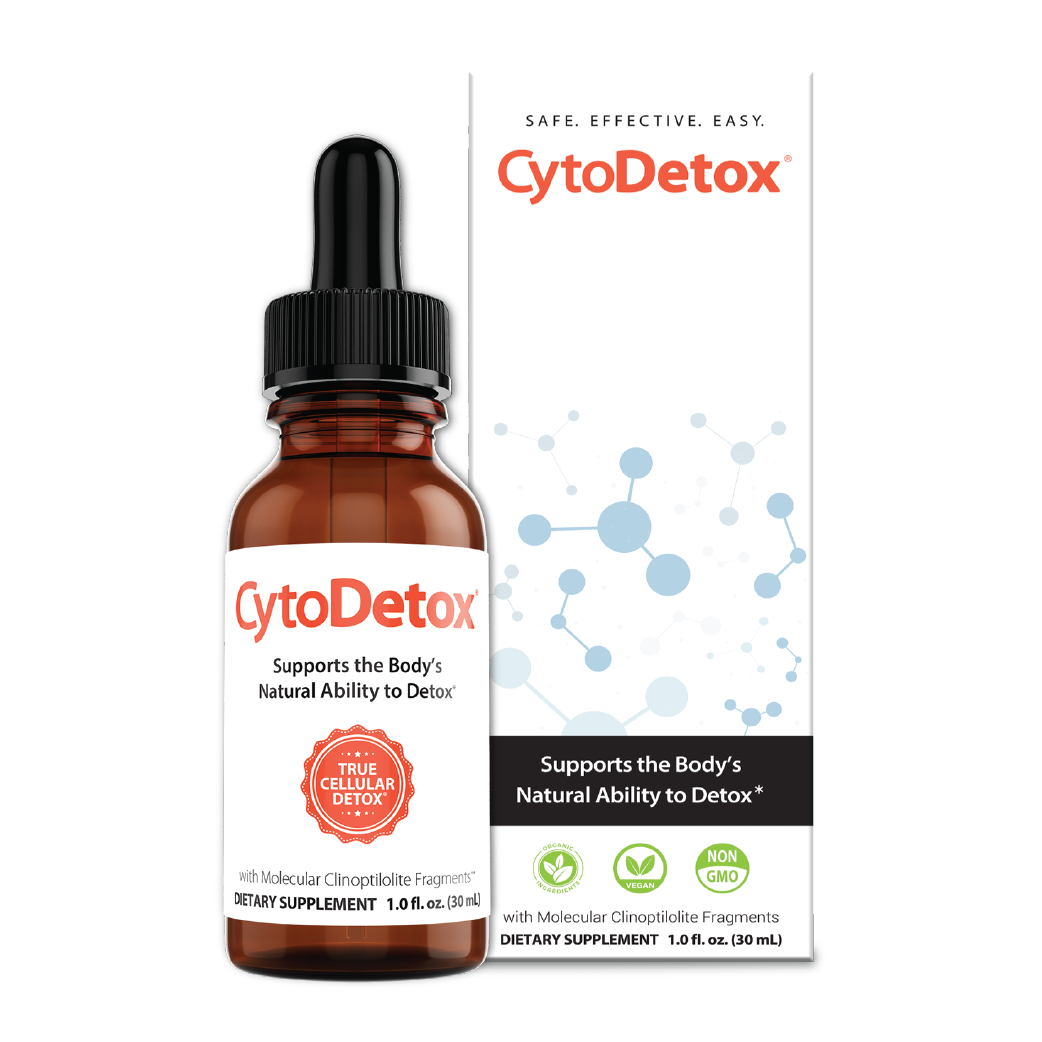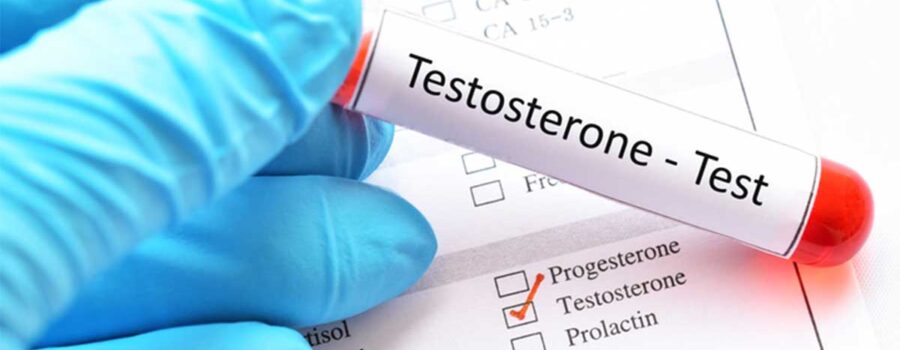Maintaining hormonal balance is essential for men’s overall health and well-being. Hormones regulate various bodily functions, including metabolism, muscle growth, mood, and sexual health. However, factors such as exposure to environmental toxins, poor diet, stress, and lifestyle choices can disrupt hormone levels and lead to various health issues. Detoxification can play a significant role in restoring hormonal balance and optimizing men’s health. This piece will explore the connection between detoxification and men’s hormones/health and how adopting a detoxification approach can improve well-being.[1]
Understanding Detoxification and Hormonal Balance
Detoxification is the process of eliminating toxins and harmful substances from the body. It involves supporting the body’s natural detoxification pathways, primarily the liver, and kidneys, to remove toxins effectively. Hormonal balance is crucial for men’s health, as imbalances can lead to various symptoms, including fatigue, decreased libido, mood swings, weight gain, and reduced muscle mass.[2] By eliminating toxins and reducing the body’s toxic burden, detoxification supports restoring hormonal balance, promoting optimal health and vitality.
Ways to Support Hormone Detox
- Testosterone Optimization: Testosterone is a critical hormone for men’s health, influencing muscle growth, bone density, mood, libido, and energy levels. However, testosterone levels can decline due to aging, chronic stress, and exposure to toxins. Detoxification supports testosterone optimization by removing toxins that interfere with hormone production and metabolism, helping to restore healthy testosterone levels and promote vitality.[3]
- Supporting Liver Function: The liver plays a central role in metabolizing hormones and removing toxins. Detoxification helps support liver function, allowing it to metabolize hormones and remove toxins. This, in turn, promotes hormonal balance and overall health.
- Reducing Endocrine Disruptors: Endocrine disruptors are chemicals that mimic hormones or interfere with hormone production, leading to imbalances. These disruptors are commonly found in environmental pollutants, plastics, personal care products, and certain foods. Detoxification helps eliminate these endocrine disruptors from the body, reducing their impact on hormone levels and improving men’s overall health.[4]
- Balancing Stress Hormones: Chronic stress can disrupt hormone balance by elevating cortisol levels, the primary stress hormone. Prolonged cortisol elevation can suppress testosterone production, increase inflammation, and negatively impact overall health. Detoxification and stress management techniques can help reduce cortisol levels, restore hormonal balance, and improve men’s mental and physical well-being.[5]
- Improving Gut Health: The gut plays a crucial role in hormone production, metabolism, and detoxification. Detoxification supports gut health by removing toxins, promoting a healthy gut microbiome, and enhancing nutrient absorption. This, in turn, supports overall health.
Benefits of Detoxification for Men’s Hormones
- Increased Energy and Vitality: Detoxification can increase energy levels and overall vitality by promoting hormonal balance. Restoring optimal hormone levels, particularly testosterone, can enhance energy, motivation, and endurance.
- Enhanced Libido and Sexual Health: Hormonal imbalances can negatively impact libido and sexual function. Detoxification is vital in restoring hormonal balance, improving libido, sexual performance, and overall sexual health.[3]
- Improved Body Composition and Muscle Mass: Hormonal imbalances can contribute to weight gain, particularly in increased body fat and reduced muscle mass. Detoxification can help restore hormonal balance, supporting healthy body composition by reducing excess body fat and promoting muscle growth.
- Mood Stability and Mental Well-being: Hormonal imbalances can affect mood, leading to mood swings, irritability, and depression. Detoxification can help stabilize mood and improve mental well-being, promoting a sense of calm and overall emotional wellness.[6]
- Reduced Inflammation: Chronic inflammation can disrupt hormonal balance and contribute to various health issues. Detoxification aids in reducing inflammation by removing toxins and supporting the body’s natural anti-inflammatory processes. In turn, can help restore hormonal balance and alleviate symptoms associated with inflammation.
- Promoting Longevity: Hormonal imbalances, particularly low testosterone levels, have been associated with accelerated aging and increased risk of age-related diseases. By optimizing hormone levels, detoxification can contribute to healthy aging, promoting longevity, and reducing the risk of age-related health conditions.[7]
Practical Tips for Detoxification
- Cleanse Your Diet: Eliminate processed foods, sugary drinks, and refined carbohydrates from your diet. Instead, focus on consuming whole, nutrient-rich foods such as fruits, vegetables, lean proteins, and healthy fats. These provide essential nutrients for hormone production and support detoxification processes.[8]
- Stay Hydrated: Adequate hydration is crucial for optimal detoxification. Aim to drink plenty of water throughout the day to support kidney function and facilitate the elimination of toxins from your body.
- Incorporate Detoxifying Foods: Include foods naturally supporting detoxification, such as cruciferous vegetables (broccoli, cauliflower, kale), garlic, ginger, turmeric, and green tea. These foods contain compounds that enhance liver function and aid in toxin elimination.
- Manage Stress: Chronic stress can disrupt hormone balance and impede detoxification. Incorporate stress management techniques such as regular exercise, meditation, deep breathing, and quality sleep to support hormonal balance and overall well-being.
- Consider Natural Supplements: Certain supplements can support detoxification and hormonal balance. Consult a healthcare professional to determine if supplements such as milk thistle, dandelion root, glutathione, or adaptogenic herbs may benefit your needs.
CytoDetox
 Anyone should be able to detox and receive the benefits of a body clean and pure from the toxins that cause so many of the issues we see in today’s age, such as what we talked about here! CytoDetox is a unique liquid that is easy, effective, and doesn’t require a whole regiment to be effective. With our patented process, this detoxifying agent can remove any heavy metal from the body given a little time. With its unique cage-like structure and ability to cross into the cell, CytoDetox can reach the source and remove these nasty toxins from the body, allowing anyone to live their desired life. Whether looking for a better ability to handle stress, heightened mental clarity, or just to feel normal each day, CytoDetox is the product for you to take your health to the next level.
Anyone should be able to detox and receive the benefits of a body clean and pure from the toxins that cause so many of the issues we see in today’s age, such as what we talked about here! CytoDetox is a unique liquid that is easy, effective, and doesn’t require a whole regiment to be effective. With our patented process, this detoxifying agent can remove any heavy metal from the body given a little time. With its unique cage-like structure and ability to cross into the cell, CytoDetox can reach the source and remove these nasty toxins from the body, allowing anyone to live their desired life. Whether looking for a better ability to handle stress, heightened mental clarity, or just to feel normal each day, CytoDetox is the product for you to take your health to the next level.
Conclusion
Detoxification is vital in maintaining hormonal balance and optimizing men’s health. By supporting liver function, reducing endocrine disruptors, balancing stress hormones, and promoting gut health, detoxification helps restore hormonal equilibrium and improves overall well-being. The benefits of detoxification for men’s hormones include increased energy, enhanced libido, improved body composition, stabilized mood, reduced inflammation, and longevity.
By adopting practical detoxification strategies and making lifestyle choices prioritizing hormonal health, men can unlock their full potential and enjoy optimal physical and mental vitality.
Remember, if you have specific health concerns or suspect hormone imbalances, it’s important to consult with a healthcare professional who can provide personalized guidance and support on your detoxification journey.
References:
- Ranabir S, Reetu K. Stress and hormones. Indian J Endocrinol Metab. 2011 Jan;15(1):18-22. doi: 10.4103/2230-8210.77573. PMID: 21584161; PMCID: PMC3079864.
- Mark W. Pataky, PhD, William F. Young, MD, and K. Sreekumaran Nair, MD, PhD. Hormonal and Metabolic Changes of Aging and the Influence of Lifestyle Modifications. Mayo Clin Proc. 2021 Mar; 96(3): 788–814. doi: 10.1016/j.mayocp.2020.07.033. PMID: 33673927; PMCID: PMC8020896
- S R Davis, P McCloud, B J Strauss, H Burger. Testosterone enhances estradiol’s effects on postmenopausal bone density and sexuality. Maturitas. 1995 Apr;21(3):227-36. doi: 10.1016/0378-5122(94)00898-h. PMID: 7616872
- S G Genes. Role of the liver in hormone metabolism and in the regulation of their content in the blood. Arkh Patol. 1977;39(6):74-80. PMID: 334126
- Constantine Tsigos, MD, PhD, Ioannis Kyrou, MD, PhD, M.Ed., FHEA, Eva Kassi, MD, PhD, and George P. Chrousos, MD, MACP, MACE, FRCP. Stress: Endocrine Physiology and Pathophysiology. https://www.ncbi.nlm.nih.gov/books/NBK278995/
- Ian Rowland, Glenn Gibson, Almut Heinken, Karen Scott, Jonathan Swann, Ines Thiele, and Kieran Tuohy. Gut microbiota functions: metabolism of nutrients and other food components. Eur J Nutr. 2018; 57(1): 1–24. Published online 2017 Apr 9. doi: 10.1007/s00394-017-1445-8. PMCID: PMC5847071. PMID: 28393285
- Ernst R. Schwarz, Anita Phan, and Robert D. Willix, Jr. Andropause and the development of cardiovascular disease presentation—more than an epi-phenomenon. J Geriatr Cardiol. 2011 Mar; 8(1): 35–43. doi: 10.3724/SP.J.1263.2011.00035. PMCID: PMC3390065. PMID: 22783283
- Hellas Cen and Philip C. Calder. Defining a Healthy Diet: Evidence for the Role of Contemporary Dietary Patterns in Health and Disease. Nutrients. 2020 Feb; 12(2): 334. doi: 10.3390/nu12020334. PMCID: PMC7071223. PMID: 32012681


